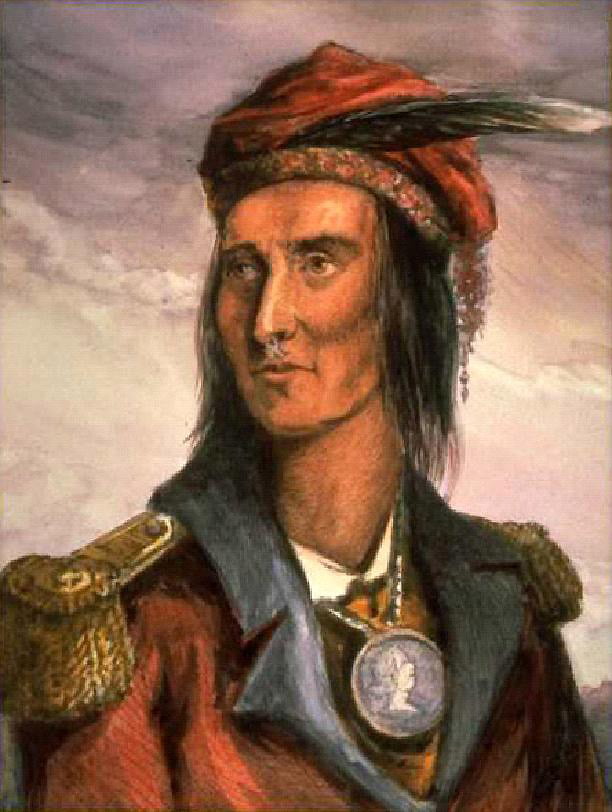One of the most significant sections of the Johnson v. McIntosh ruling of 1823, is Chief Justice John Marshall’s assertion that the Indians’ rights to complete sovereignty as independent nations” had been ended by “Christian people” (original emphasis) becoming knowledgeable of the location of lands inhabited by Native people “who were heathens” (Marshall’s phrase). Marshall
AuthorSteven Newcomb
Visiting the John Carter Brown Library at Brown University in 1989
Years ago I was visiting the John Carter Brown Library at the Brown University campus. That is where Henry Wheaton went to college. He was the Reporter for the U.S. Supreme Court during the Johnson v. McIntosh ruling of 1823. I went there to do some research about the so-called Age of Discovery, the history
A View of Slavery and White Domination
Ever since the election of Donald J. Trump as President of the United States, a renewed focus has been placed on “white supremacy” and “white nationalism” and their role in the early origins of the United States. As a result of the 400 year commemoration of the arrival of the first slave ship in Virginia
The Crown (“Corona”) Virus and the Business of America
The Business of America is Business
The Deep Desire for Christian Domination
The desire of Christian nations to dominate infidel nations and their lands, led to a desire to “discover” or locate any infidel lands throughout the world that had not yet been dominated. This was to be done in order to expand the Christian empire. That desire resulted in Christian monarchs authorizing voyages to search for
Arithmetic in Federal Indian Law
To follow this article you won’t even need a calculator. All you’ll need is an understanding of arithmetic and how to subtract. Take, for example, the equation 100 percent minus 99 percent = 1 percent. For the purpose of this article, we’ll say that the 1 percent stands for what has been called the “residual”
Debunking Federal Indian Law
To debunk means “to expose the sham or falseness of; to show that something is less important, less good, or less true than it has been made to appear; to expose or excoriate (a claim, assertion, sentiment, etc.) as being pretentious [and] false.” In the Supreme Court ruling Johnson v. McIntosh (1823), Chief Justice John
Seville, Spain: Archives of the Indies
In 2013, Dr. Debra Harry (Paiute Nation), Sharon Venne (Cree Nation) and I flew to Madrid, Spain. From there, Sharon drove us to Seville, Spain to visit the General Archives of the Indies. On our second day there we were given permission to see two of the original papal bulls from May of 1493. They
The Claim of a Right of Christian Domination
What has been typically called “The Doctrine of Discovery” is, in my view, more accurately named “The Doctrine of Christian Domination.” The idea of “discovery” is only relevant in the sense of the monarchs of Christendom endeavoring to locate lands that were as yet unknown to the Christian world. Once lands matching that description were
To Civilize and Christianize
By Steven Newcomb (Shawnee/Lenape) They brought their soldiers, their cannons, their dogs, their diseases, their swords, their spears, their armor, their chains, their bells, their crosses, their priests, their paper, their ink, their words, and their Bible in order to civilize (dominate) and Christianize Native nations and peoples.
The Principle of Subtraction in U.S. Federal Indian Law
Steven Newcomb (Shawnee, Lenape) It’s not necessary to have a basic understanding of mathematics to follow this article. You won’t even need a calculator. All you need is an understanding of subtraction. Take, for example, the equation 100 percent minus 99 percent = 1 percent. For the purpose of this article, we’ll say that the
Tecumseh Speech As Recounted by Simon Pokagon
Tecumseh’s Speech: The following is a speech by the great Shawnee leader Tecumseh, as recounted by the Pottawatomie leader, Chief Simon Pokagon. Simon Pokagon wrote: “My father and many others who listened to the speeches of Tecumseh many times repeated to me his words when I was a boy, but it was impossible to give
